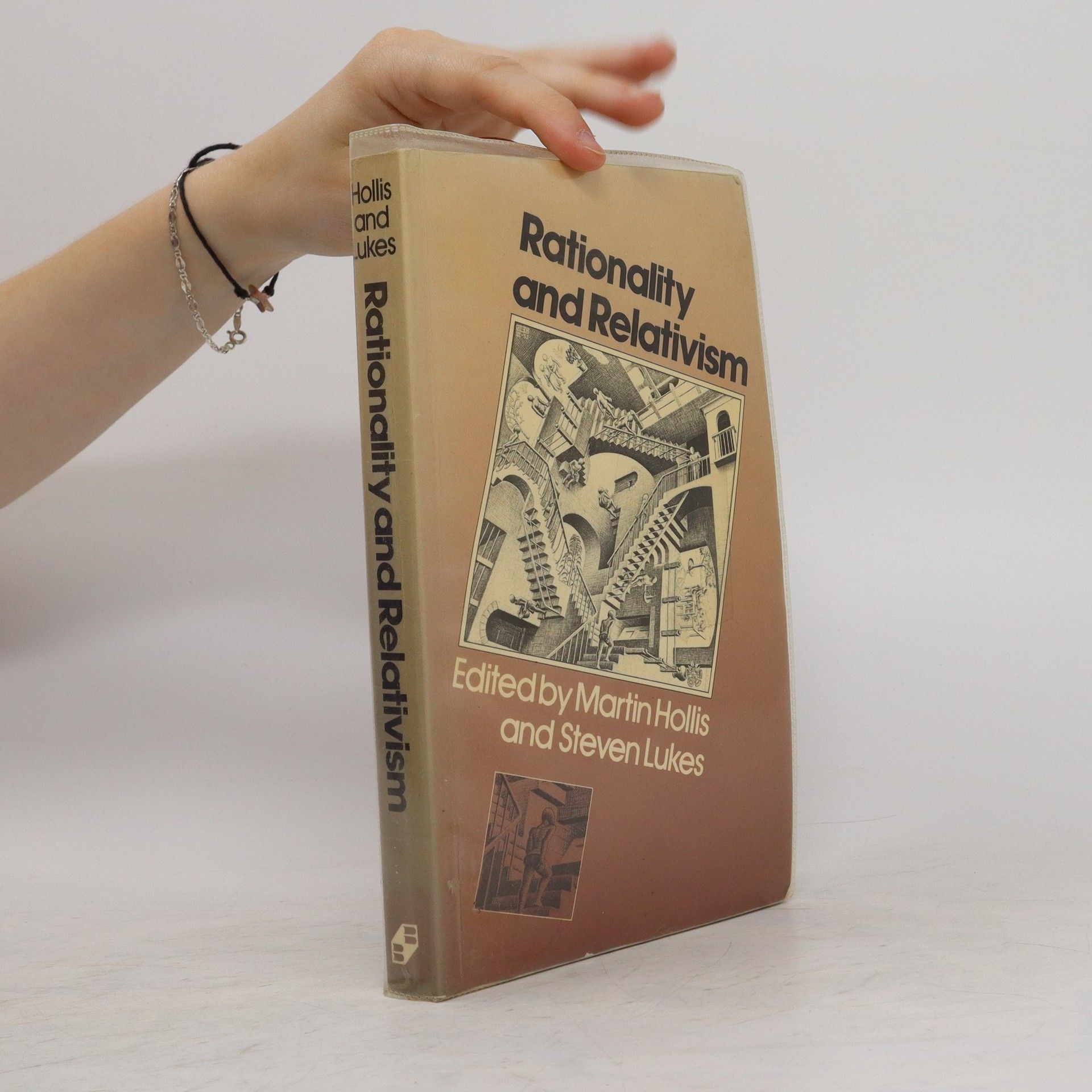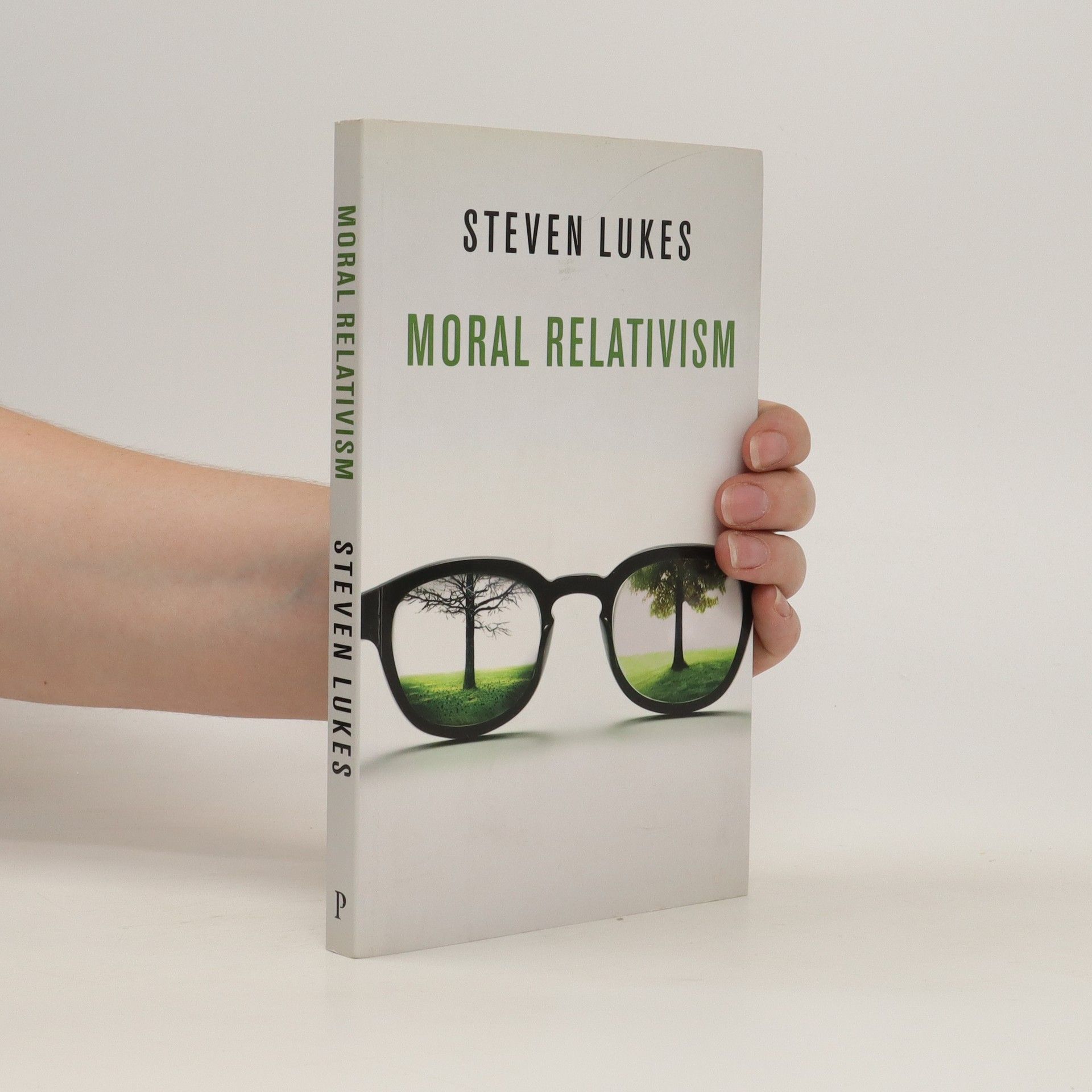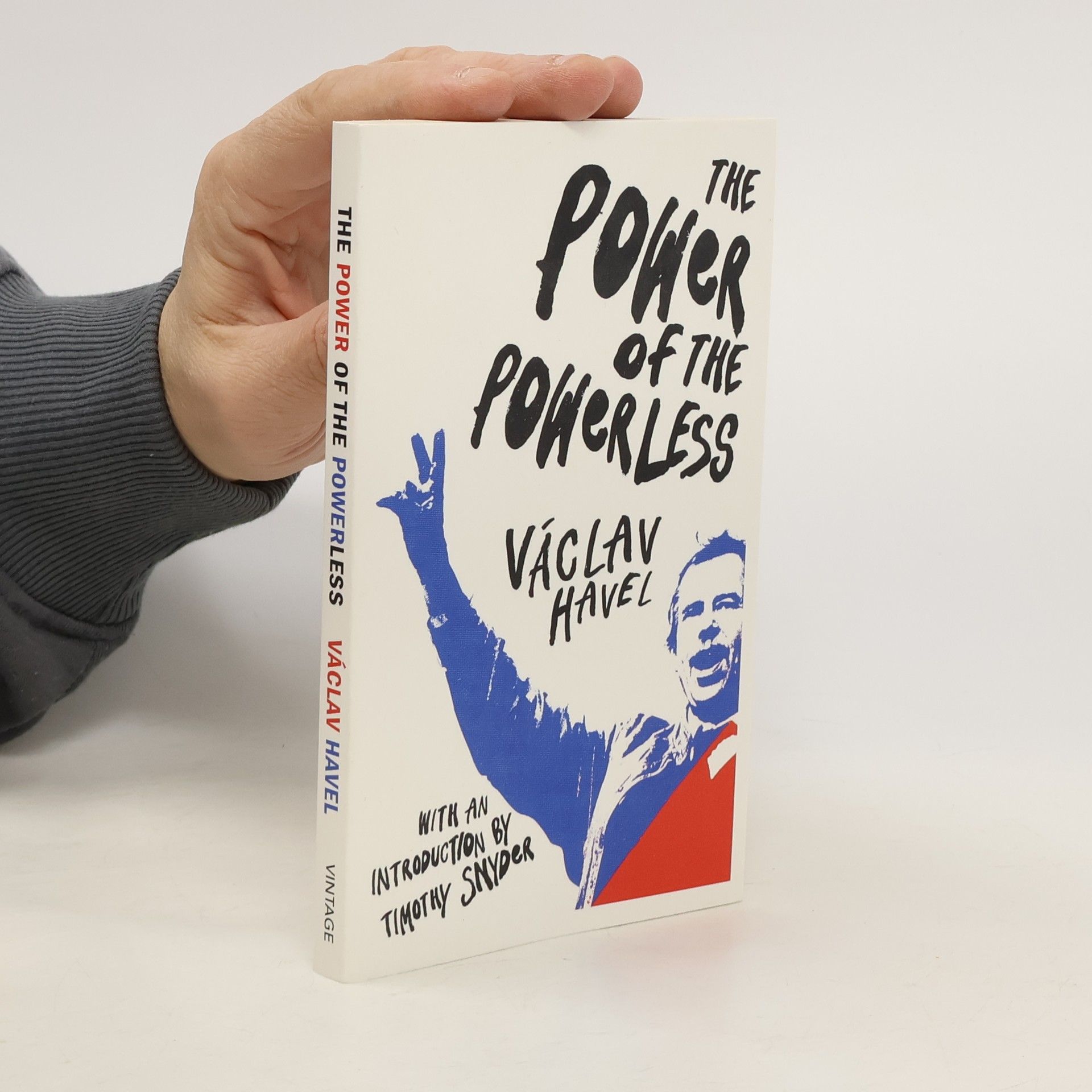the Power of the Powerless
- 176pagine
- 7 ore di lettura
Václav Havel’s remarkable and rousing essay on the tyranny of apathy, with a new introduction by Timothy Snyder Cowed by life under Communist Party rule, a greengrocer hangs a placard in their shop window: Workers of the world, unite! Is it a sign of the grocer’s unerring ideology? Or a symbol of the lies we perform to protect ourselves? Written in 1978, Václav Havel’s meditation on political dissent – the rituals of its suppression, and the sparks that re-ignite it – would prove the guiding manifesto for uniting Solidarity movements across the Soviet Union. A portrait of activism in the face of falsehood and intimidation, The Power of the Powerless remains a rousing call against the allure of apathy. 'Havel’s diagnosis of political pathologies has a special resonance in the age of Trump' Pankaj Mishra




